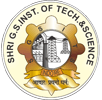| Organisation with which MoU /linkages/ is signed | Name of the institutions/ industries |
Year of signing MoU / linkage | Duration |
| Sgsits IT | Quantscientist | 05/09/2022 | 5 Years |
| Sgsits IT | DSW | 26/11/2021 | 5 Years |
| Sgsits IT | REJUVANATE YOUR PROJECT MANAGMENT LLP | 21/02/2022 | 5 Years |
| Sgsits IT | IMPETUS | 18/02/2022 | 5 Years |
BIS approved Standards Club in the department
Standards Club ID: SC 5053
Approved for: Shri Govindram Seksaria Institute of Technology and Science, Indore - "Dept. of Information Technology"
Date of Approval : 13/06/2023
Mentor:- Mr. Mukesh Sakle, Assistant Professor, Department of IT
Research Projects
| S.NO. | TITTLE | RESEARCH FACULTY | SCHEME | SUBMISSION DATE | RESEARCH STATUS | RESEARCH AGENCY | ESTIMATED COST |
| 1. | STUDY AND ANALYSIS OF VULNERABILITIES IN IOT DEVICES FOR SMART HOME ENVIRONMENT |
Dr. SUNITA VARMA | CORE RESESRCH GRANT | 04/05/2022 | UNDER REVIEW | SERB,INDIA | 24 LACS |
| 2. | DESIGN A NOVEL APPROACH GP-DTI BASED ON GENERATIVE ADVERSARIAL NETWORK AND PRINCIPAL COMPONENET ANALYSIS FOR PREDICTION OF DRUG |
Dr. LALIT PUROHIT | CORE RESESRCH GRANT | 04/05/2022 | ACCEPTED FOR EVALUATION | SERB,INDIA | 35,17,440 LACS |
| 3.
|
SMART AUTONOMOUS WEED DETECTOR AND REMOVER |
MR. UPENDRA SINGH |
TIH-AI4ICPS a unit of IIT KHARAGPUR AI4ICPS I HUB FOUNDATION |
12/10/2023 |
ACCEPTED |
Security of Wireless Networks
Security of Wireless Networks is a challenging task. This research project aims to enhance security of wireless networks which are either in the form of Wireless Local Area Networks or Mobile Ad Hoc Networks.
Research Faculties: Prof. Mukul Shukla, Prof. Manjeet Soni
Research Status: Approved
Research Cost: 10 lakh 0 Thousand
Research Agency: SGSITS
Security of Cloud Computing
Cloud computing has emerged as a new paradigm of distributed computing. This research project deals with the security of the cloud computing.
Research Faculties: Prof. Lalit Purohit, Prof. Mukul Shukla
Research Status: Approved
Research Cost: 18 lakh 80 Thousand
Research Agency: AICTE (MODROB scheme)
Software Engineering
Current trends in Software Engineering
Research Faculties: Prof. Mukul Shukla
Research Status: Approved
Research Cost: 10 lakh 0 Thousand
Research Agency: SGSITS
INTER DISCIPLINARY PROJECTS
Sound levels with acoustic stethoscopes are rather low. The digital stethoscope addresses this concern by electronically enhancing bodily noises. The electronic transmission of sound signals enables wireless connectivity and facilitates noise reduction. The conversion of an acoustic stethoscope into a digital stethoscope may be achieved by adapting its head to accommodate an electric capacity microphone. The microphone receives heart sounds, which are then processed, sampled, and transformed from analog to digital signals. These data are then wirelessly sent via Internet of Things (IoT) protocols. This allows various clinicians to do examinations and monitor the patient's circumstances. This apparatus facilitates the assessment of the body's temperature, SPO2 level, heartbeat, and heart rate chart. Using a digital stethoscope, medical professionals could document their observations on an application. Once the data has been stored, all records can be viewed by healthcare professionals in a single PDF file, which can then be utilized. We can detect and graph the heartbeat. Hardware circuitry for the proposed device includes an ESP32 microcontroller, an LM393 sound detector sensor, a Max 30100 pulse sensor, a DS18B20 temperature sensor, and a battery module. This approach would enhance efficiency and speed by utilizing both visual and auditory representations to diagnose cardiologic sounds.
It’s currently cost around 2k and with large scale manufacturing it can reduce to 1500 rs
Development team IT department and BM department faculty incharge Puja Gupta from information technology department and Vinay manurkar from bio medical department
Students names are Narayan Chouhan
Sandeep Sharma
Naman Jain
Naman Sahu
Khyati Shastri
IT department head Dr Lalit Purohit
BM head Dr p p Bansod
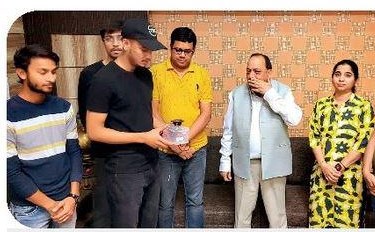 |
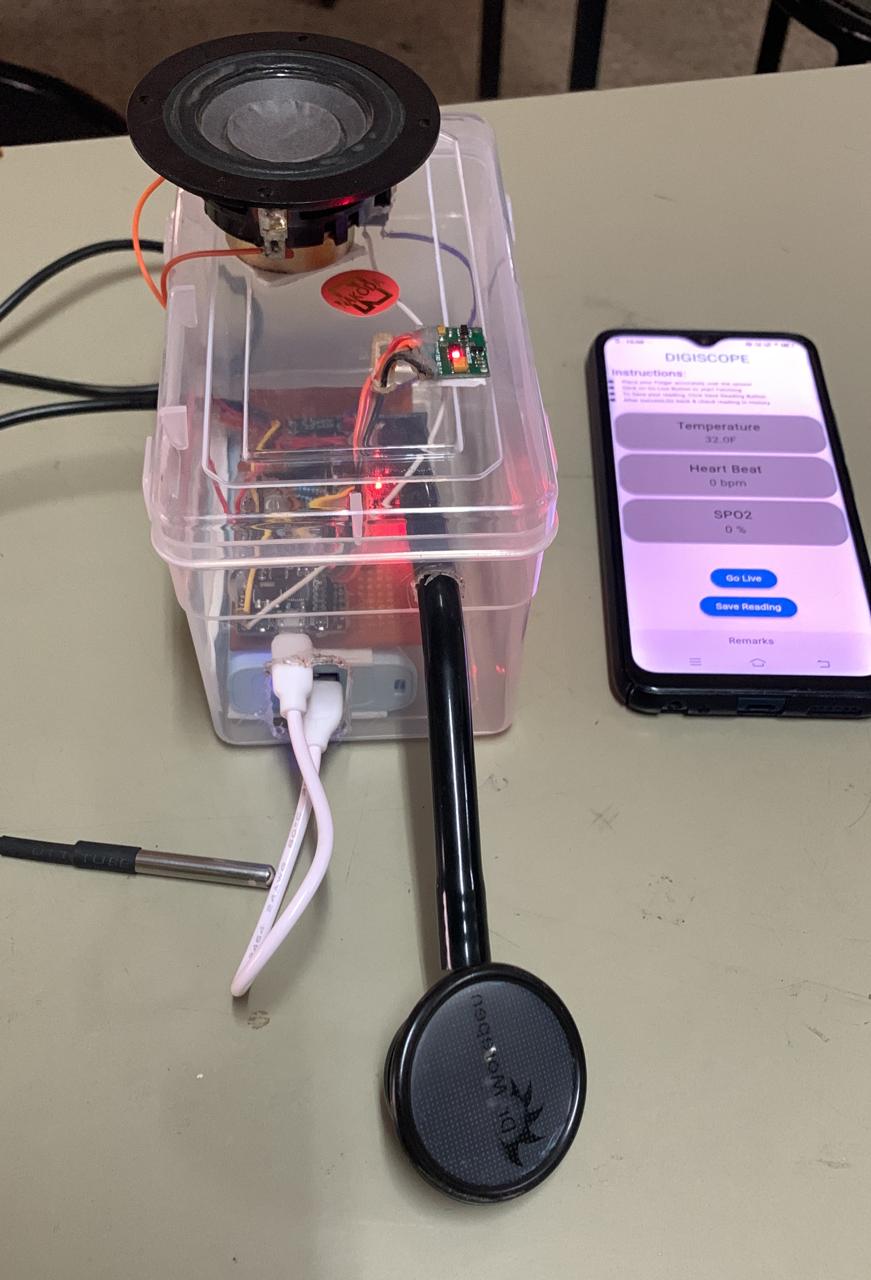 |
#include IT
The official techno-learning club of SGSITS IT department
About the club
The club is the technical club of SGSITS which was started in November 2017. The club was made by IT students who felt the need to have a practical approach to the technical aspects of engineering. Since its inception, the club has become a city-wide sensation and has been successfully hosting various contests and sessions. This technical community includes around 30 members from three batches.
Vision and Mission
The motive of the club is to create a student learning community, which will coordinate and help each other gain technical knowledge. We aim to provide learning opportunities by collaborating with technical companies and institutions. We have a vision that every student graduating from SGSITS and belonging to the community should be technically skilled and have gained the soft skills necessary for every future endeavor.
Mentors
- Mrs. Megha Kuliha, Assistant Professor, Department of IT
- Dr. Lalit Purohit, Head of Department, Department of IT
Activities
1.HackIndore 2.0: Students were to discuss any one of the problem statements in detail. Only the design and idea of how they would solve the problem were required. This was just the problem statement that was given to shortlist the candidates. The hackathon on the 28th and 29th of September had completely different problem solutions.
2. Data Structure Session: The motive of the session was to help students improve their problem-solving skills and data structure and algorithms understanding and encourage them to indulge in competitive programming. The session's main focus was to introduce students to different data structures and their applications, in order for them to have a smooth start to their data structure and algorithm learning journey.
- MERN Stack Bootcamp:The MERN Stack Bootcamp held in our college was a transformative experience for students,Through hands-on projects and expert guidance, students honed their skills in MERN Stack, empowering them with the practical knowledge needed for modern web development. This immersive bootcamp played a crucial role in enhancing students' proficiency and preparing them for the dynamic field of software development.
- Tech Rush: The Event was aimed at the 2026 Batch. It was a technical coding session for guiding them through the basics of coding to start with and how they can improve their coding skills by making them familiar with various platforms and sources from where they can learn and practice. Data Structures and Algorithms, Competitive Programming, and web development for the proper coding skill upliftment.
The speakers of the session were:
1. Rashmi Mohan (Data Structures and Algorithms)
2. Rashi (Competitive programming)
3. Prasuk Jain (Web development )
- Design Dazzle: Design Dazzle unfolded as an online 3-day HTML CSS extravaganza, where students from the 2026 and 2027 batch, collaborating in groups of one to three, unleashed their creative genius. The event challenged participants to converge their technical acumen to forge digital marvels through HTML and CSS. Design Dazzle wasn’t merely a competition, but it epitomised mentorship. Mentors were from Batch 2025 and Central Mentors from Batch 2024 were paired with each team who guided and tracked their progress. This mentorship initiative ensured that participants grew their skills in a supportive learning environment. The online format allowed for accessibility, enabling participants to showcase their talents and compete in a virtual environment. Through this event, #include aimed to cultivate and promote technical skills, foster collaboration, and ignite a passion for design among the student community.
Team
The team includes Kashish Purswani (President), Yashraj Solanki
(President), Shreyansh Shukla(Head of Management), Nishant Singh Rai
(Head of Design), Anusha Pahariya (Head of External Affairs), Aman Arya
(Senior Coordinator), Shuja Uddin Qureshi (Senior Coordinator), Sarthak
Modhe (Senior Coordinator).
Contact
Linkedin: #include SGSITS
Instagram: include._
| Name of full time teacher with Ph.D. /D.Sc. / D.Litt. /LLD | Qualification (Ph.D. /D.Sc. / D.Litt. /LLD ) and Year of obtaining | Whether recognised as research Guide for Ph.D. /D.Sc. / D.Litt. /LLD | Name of the Research scholar | Year of registration of the scholar | |
| 1 | Dr. Sunita Varma | PhD | Yes | Poorva Shukla | 03/10/2018 |
| 2 | Dr. Sunita Varma | PhD | Yes | vivek menon | 04/10/2018 |
| 3 | Dr. Sunita Varma | PhD | Yes | Shraddha Soni | 15/10/2018 |
| 4 | Dr. Sunita Varma | PhD | Yes | Ashish Sharma | 01/11/2018 |
| 5 | Dr. Sunita Varma | PhD | Yes | Shraddha Kumar | 01/10/2018 |
| 6 | Dr. Sunita Varma | PhD | Yes | Veerendra Shrivastava | 05/10/2018 |
| 7 | Dr. Sunita Varma | PhD | Yes | Megha Kuliha | 09/01/2018 |
| 8 | Dr. Sunita Varma | PhD | Yes | Namrata Bhatt | 09/01/2018 |
| 9 | Dr. Lalit Purohit | PhD | Yes | Manoj Dhawan | 03/09/2019 |
| 10 | Dr. Lalit Purohit | PhD | Yes | Shadap Khan | 02/05/2019 |
| 11 | Dr. Lalit Purohit | PhD | Yes | R. S. Daboriya | 02/05/2019 |
| 12 | Dr. Neeraj Kumar Rathore | PhD | Yes | Shubhanji | 27/08/2019 |
| Number of teachers recognised as research guides as in the latest completed academic year: | 2 | ||
| Number of candidates registered for Ph.D during the last 5 years: | 12 | ||
| Number of recognized guides during the last five years: | 3 | ||
| S. No | Year | List |
| 1 | 2023-24 | <VIEW> |
| 2 | 2022-23 | <VIEW> |
| 3 | 2021-22 | <VIEW> |
| 4 | 2020-21 | <VIEW> |
Mentor Allotment List
| S. No | YEAR | LIST |
| 1 | 2023-2024 | <LIST> |
| 2 | 2022-2023 | <LIST> |
| 3 | 2021-2022 | <LIST> |
| 4 | 2020-2021 | <LIST> |
| 5 | 2019-2020 | <LIST> |
Thesis Progres Report & Examination Comittee (TPREC)
| S. No | Batch | Order |
| 1. | 2023-24 | <VIEW TPREC> |
| 2. | 2022-23 | <VIEW TPREC> |
| 3. | 2021-22 | <VIEW TPREC> |
DPRC Commitee
| S. No | Year | Order |
| 1 | 2023-24 | <VIEW DPRC> |
| 2 | 2022-23 | <VIEW DPRE> |
| 3 | 2021-22 | <VIEW DPRE> |
| UG COORDINATORS | |
| II YEARS | Prof. VIVEK MENON |
| III YEARS | Prof. JASMEET KAUR |
| IV YEARS | Prof. NEHA AGRAWAL |
| MENTOR -MENTEE LIST | |
| 2019-2020 | MM LIST 2019-2020 |
| 2020-2021 | MM LIST 2020-2021 |
| 2021-2022 | MM LIST 2021-2022 |
| 2022-2023 | MM LIST 2022-2023 |
| 2023-2024 | MM LIST 2023-2024 |
| IV- YEAR PROJECT | |
| PROJECT GUIDE ALLOTMENT LIST 2023-2024 | <View> |
| PROJECT PRESENTATION SCHEDULE Jan-June Session 2024 | <View> |
| PROGRAM ARTICULATION MATRIX | |
| PROGRAM ARTICULATION MATRIX -2023 PASSOUT BATCH | CO-PO_ATTAINMENT_2023 |
| PROGRAM ARTICULATION MATRIX -2022 PASSOUT BATCH | CO-PO_ATTAINMENT_2022 |
| PROGRAM ARTICULATION MATRIX -2021 PASSOUT BATCH | CO-PO_ATTAINMENT_2021 |
| PROGRAM ARTICULATION MATRIX -2020 PASSOUT BATCH | CO-PO_ATTAINMENT_2020 |
Vision
To create IT technocrats equipped with skills, ethics and social values for developing globalized and technological solutions for betterment of society through transformative education.
Mission
M1: To enable students become technocrats who can cater the growing manpower need of the industry for economic development.
M2:To build a center of excellence on frontier areas of Information Technology and related domain.
M3: To impart quality and value based education in Information Technology to enable students solve real world problems with an inclination towards betterment of society.
| DPAQIC | |
| YEAR | MINUTES |
| 2020-2021 | DPAQIC_2020-2021 |
| 2021-2022 | DPAQIC_2021-2022 |
| 2022-2023 | DPAQIC_2022-2023 |
| DEPARTMENT BOARD OF STUDIES | |
| YEAR | MINUTES |
| 2018-2019 | BOS 2018-2019 |
| 2019-2020 | BOS 2019-2020 |
| 2020-2021 | BOS 2020-2021 |
| 2021-2022 | BOS 2021-2022 |
| 2022-2023 | BOS 2022-2023 |
| 2023-2024 | BOS 2023-2024 |
| Course | Branch | Intake |
| B.Tech | Information Technology | 120 |
| M.Tech | Master of Technology ( Information Technology) | 12 |
| Ph.D. | Ph. D. in Information Technology |
Program Educational Objectives (PEOs)
[PEO1] To prepare engineering graduates to become empowered IT technocrats with comprehensive knowledge and skills to serve the evolving IT industry.
[PEO2] To empower graduates to pursue higher education and research.
[PEO3] To develop skills to become an entrepreneur by observing global changes and needs.
[PEO4] To prepare engineering graduates who are conditioned to handle challenging tasks as an individual or as a team.
List of Program Outcomes (POs).
1. Engineering knowledge: Apply the knowledge of mathematics, science, engineering fundamentals, and an engineering specialization to the solution of complex engineering problems.
2. Problem analysis: Identify, formulate, review research literature, and analyze complex engineering problems reaching substantiated conclusions using first principles of mathematics, natural sciences, and engineering sciences.
3. Design/development of solutions: Design solutions for complex engineering problems and design system components or processes that meet the specified needs with appropriate consideration for public health and safety, and the cultural, societal, and environmental considerations.
4. Conduct investigations of complex problems: Use research-based knowledge and research methods including design of experiments, analysis and interpretation of data, and synthesis of the information to provide valid conclusions.
5. Modern tool usage: Create, select, and apply appropriate techniques, resources, and modern engineering and IT tools including prediction and modeling to complex engineering activities with an understanding of the limitations.
6. The engineer and society: Apply reasoning informed by the contextual knowledge to assess societal, health, safety, legal and cultural issues and the consequent responsibilities relevant to the professional engineering practice.
7. Environment and sustainability: Understand the impact of the professional engineering solutions in societal and environmental contexts, and demonstrate the knowledge of, and need for sustainable development.
8. Ethics: Apply ethical principles and commit to professional ethics and responsibilities and norms of the engineering practice.
9. Individual and team work: Function effectively as an individual, and as a member or leader in diverse teams, and in multidisciplinary settings.
10. Communication: Communicate effectively on complex engineering activities with the engineering community and with society at large, such as, being able to comprehend and write effective reports and design documentation, make effective presentations, and give and receive clear instructions.
11. Project management and finance: Demonstrate knowledge and understanding of the engineering and management principles and apply these to one’s own work, as a member and leader in a team, to manage projects and in multidisciplinary environments.
12. Life-long learning: Recognize the need for, and have the preparation and ability to engage in independent and life-long learning in the broadest context of technological change.
Program Specific Outcomes
PSO 1: Students will be able to understand and manage appropriate Information Technology resources to achieve goals and objectives of an individual as well as organization.
PSO 2 : Students will be able to design and develop inexpensive, secure and robust IT products and applications using state-of-the-art tools and techniques.
PSO 3 : Students will be able to pursue higher studies, research and career in entrepreneurship.
Department Academic Calendar Session :July-Dec 2021-22<View>
Practical Examination Time-Table April 2024
| B.Tech IV year | <view> |
| B.Tech III year | <view> |
| B.tech II year | <view> |
| Remedial/Extra Classes Timetable Session December 2023–April 2024 | |
| B.Tech IV Year | <View> |
| B.Tech III Year | <View> |
| B.Tech II Year (Section A) | <View> |
| B.Tech II Year (Section B) | <View> |
| Mid- Term Test Timetables | |
| Midterm-1 Timetable | <View> |
| Midterm-2 Timetable | <View> |
| BTech-Class Timetables | |
| Time Table- Jan-June - 2024 SEM B | Download |
| Time Table -July-Dec 2023 SEM A | Download |
| Time Table- Jan-June 2023 SEM B | Download |
| Time Table -July-Dec 2022 SEM A | Download |
| Time Table - Jan-June 2021-2022 SEM B | Download |
| Time Table- July-Dec 2021-2022 SEM A | Download |
| Time Table - Jan-June 2021 SEM B | Download |
| Time Table- July-Dec 2020 SEM A | Download |
| Time Table - Jan-June 2020 SEM B | Download |
| Time Table- July- Nov 2019 SEM A | Download |
| M.Tech-Class Time table | |
| Time Table Jan-June 2024 | Download |
| Time Table July -Dec 2023 | Download |
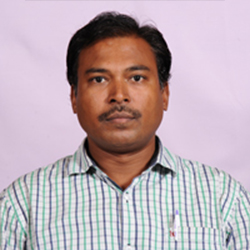
Mr. Ashish Jinwal
Assistant Grade III
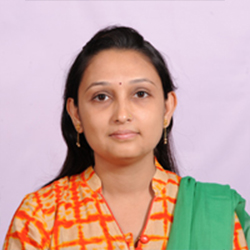
Ms. Sonali Gupta
Lab Technician
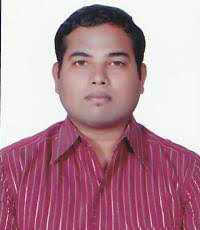
Mr. Ankush Barua
Lab Technician
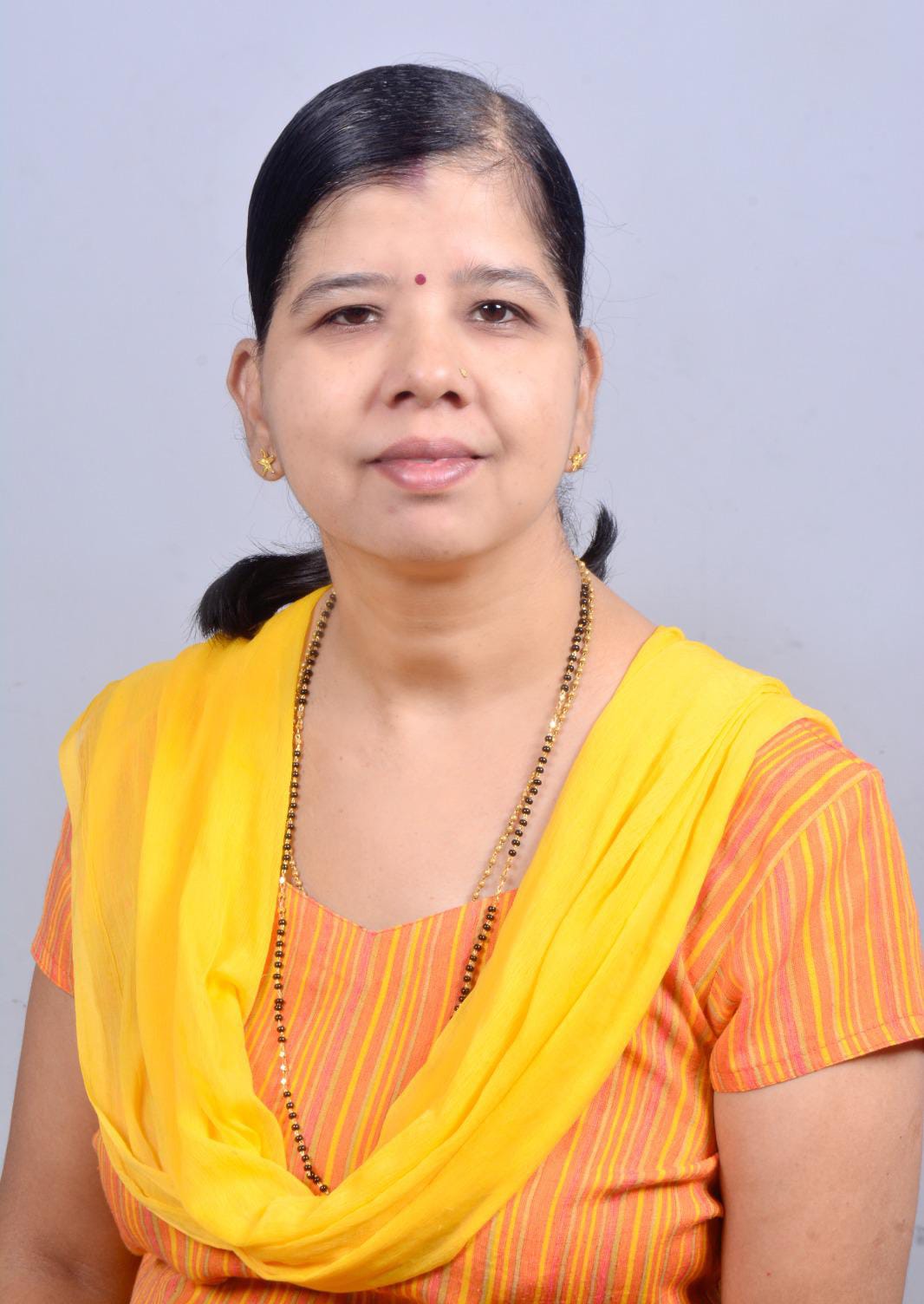
Mrs. Kavita Chirgaiya
Lab Technician
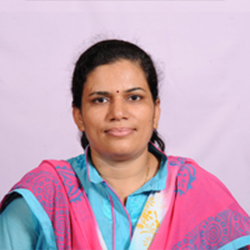
Ms. Jyoti Joshi
Time Keeper
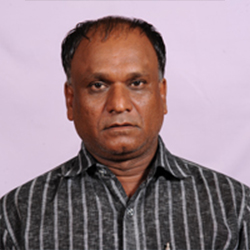
Mr. Uday Raj Yadav
Attendant
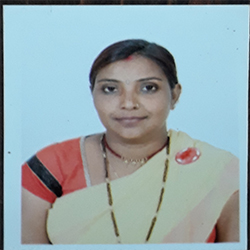
Ms. Pooja Yadav
Attendant
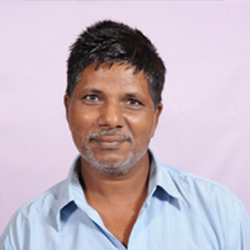
Mr. Hanuman Avte
Attendant
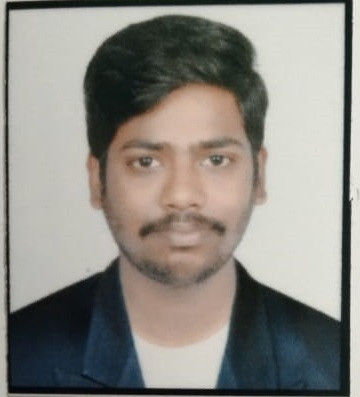
Mr. Vivek Sirsiya
Attendant
